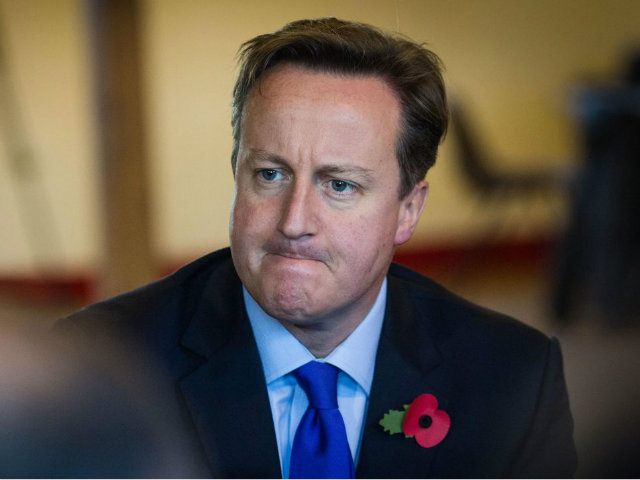David Cameron has pledged to bring back the ‘snoopers’ charter’ if the Conservatives win the election in May. The Communications Data Bill would force telecoms companies to collect information on their customer’s use of the internet, under the auspices of fighting terrorism.
The draft legislation was announced in the 2012 Queen’s Speech, and the Home Secretary Theresa May had hoped it would be law by 2014. However, support for the bill was dropped by the Liberal Democrats, making it impossible to introduce whilst the Conservatives are still in coalition.
But speaking in Paris, after attending the rally for the victims of the Charlie Hebdo massacre, Mr Cameron confirmed the bill will be in the Conservative manifesto. The Prime Minister claimed the powers were needed because Britain was facing a “fanatical death cult of Islamist extremist violence”.
Mr Cameron told ITV News: “We do need to modernise our rules about interception… I think we cannot allow modern forms of communication to be exempt from the ability — in extremis, with a warrant signed by the home secretary — to be exempt from being listened to. If I am prime minister after the next election, I will make sure we legislate accordingly.”
The Times reports he spent part of today meeting with intelligence chiefs to determine the UK’s response to the French attacks. The government has already upped the level of security at train stations and airports, although they claim this is not as a result of any specific threat.
There was also some debate over the weekend about the threat level to the UK. At present it is classified as ‘Severe’ meaning that an attack is likely. But in an interview the Metropolitan Police Commissioner Sir Bernard Hogan-Howe, seemed to suggest this classification was too high. He instead said an attack was “possible” but “unlikely”.
When asked, the Prime Minister maintained the threat level was “appropriate, given all the intelligence”. He told Sky News: “To push it higher, to the level of ‘critical’, means that you have warning of the imminence of a particular attack, and we don’t have that intelligence today. So I think the threat level is set at the right level.”
The Mayor of London, Boris Johnson, backed the plan to make intercepting internet traffic easier. He said he was “not particularly interested in all this civil liberties stuff when it comes to these people’s emails and mobile phone conversations”.
He added: “You’ve got to have a very tough security solution; you’ve got to be absolutely determined to monitor these people. You’ve got to know where they are and who they are talking to.”
Civil Liberties groups are opposed to the plan which they claim will cost £1.8bn and enable government officials to spy on innocent members of the public.

COMMENTS
Please let us know if you're having issues with commenting.